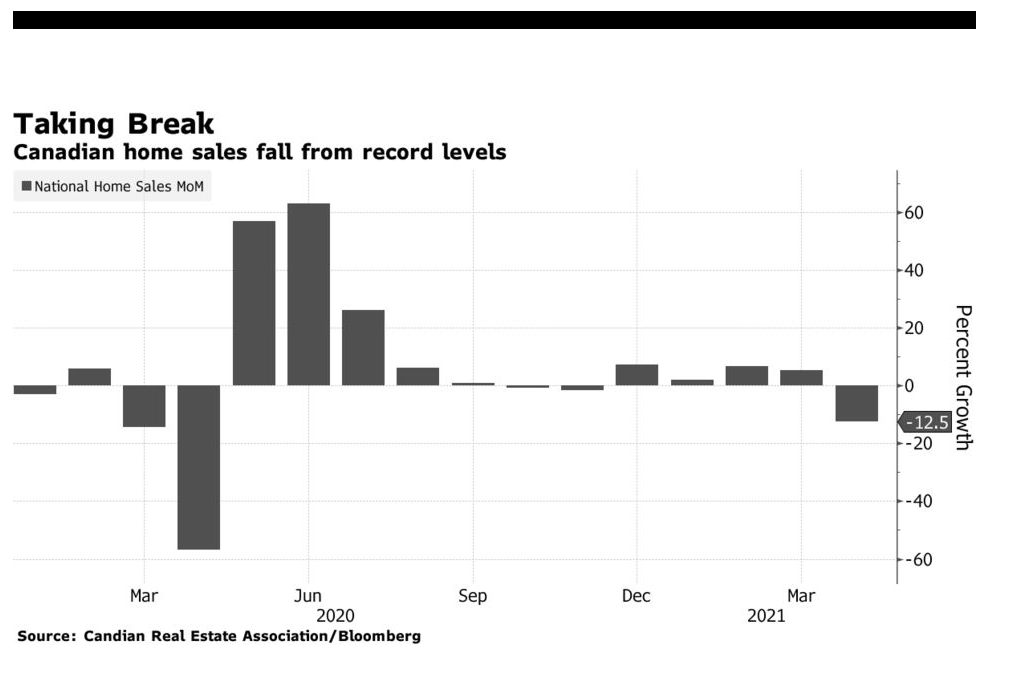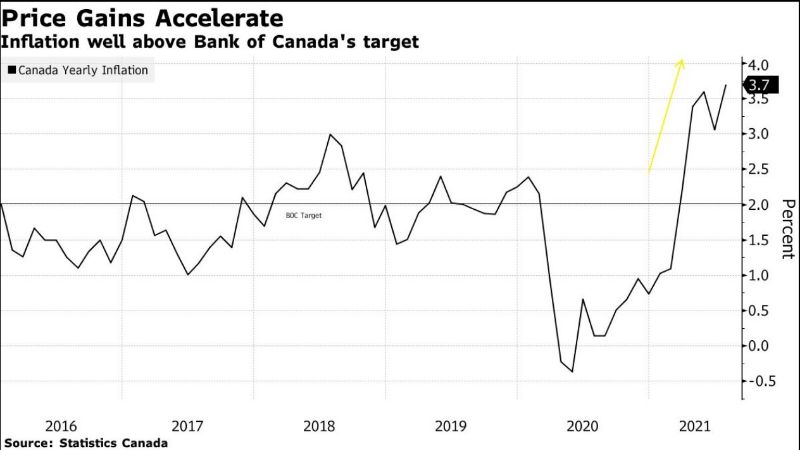As the holiday season approaches us, it’s important to remember not to shock your finances and start off 2017 with accumulated bills. According to RBC’s 2016 Post-Holiday Spending Poll (RBC), in 2015, over 41% of Canadians admitted to overspending during the holiday season as opposed to only 33% in 2011. The average overspend during the holiday season was close to $397. The holiday season is a time of giving, spending time with loved ones, and taking some time off before the New Year starts. Would you like to start off 2017 with a small balance on your credit card statement after the holidays? If so, here are some tips:
- Set a budget – setting a spending budget per person ahead of time and sticking to it (including taxes and wrapping etc.) will help with not putting yourself in the red this holiday season. Count the number of people you have on your list and allocate a strict budget for each person.
- Gift what you can afford – even though you believe in your heart that your loved one deserves the best pair of sneakers or the latest electronic item if you know that you cannot afford it, don’t do it! Your loved one would not want the gift if they knew that you had to suffer financially for them to receive it.
- Think forward to January – in January, all the credit card and banking statements start pouring in after the holiday season, imagine yourself opening your statements and seeing the ‘000’s.
- Price comparison – If you are shopping the major retailers, often they offer a price match guarantee whereby if you happen to find the similar item advertised on another site or amazon.ca for example, they may match it which could result in additional savings. It all adds up to savings.
- Save for next year – Money can be tight during the holiday season, but not if you plan. By creating a small monthly savings plan, e.g. $75 per month aside can quickly add up to $900 by next Christmas, this is a good way to take the financial stress off and prepare for the following year.


